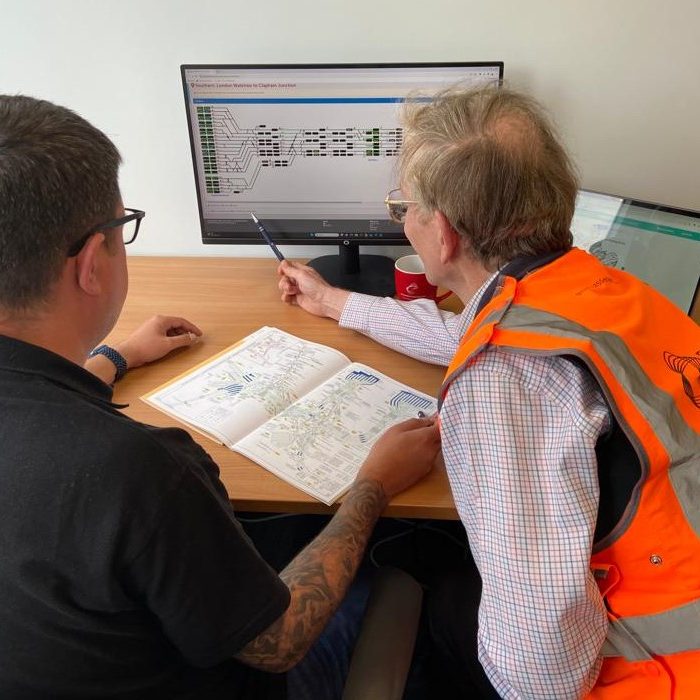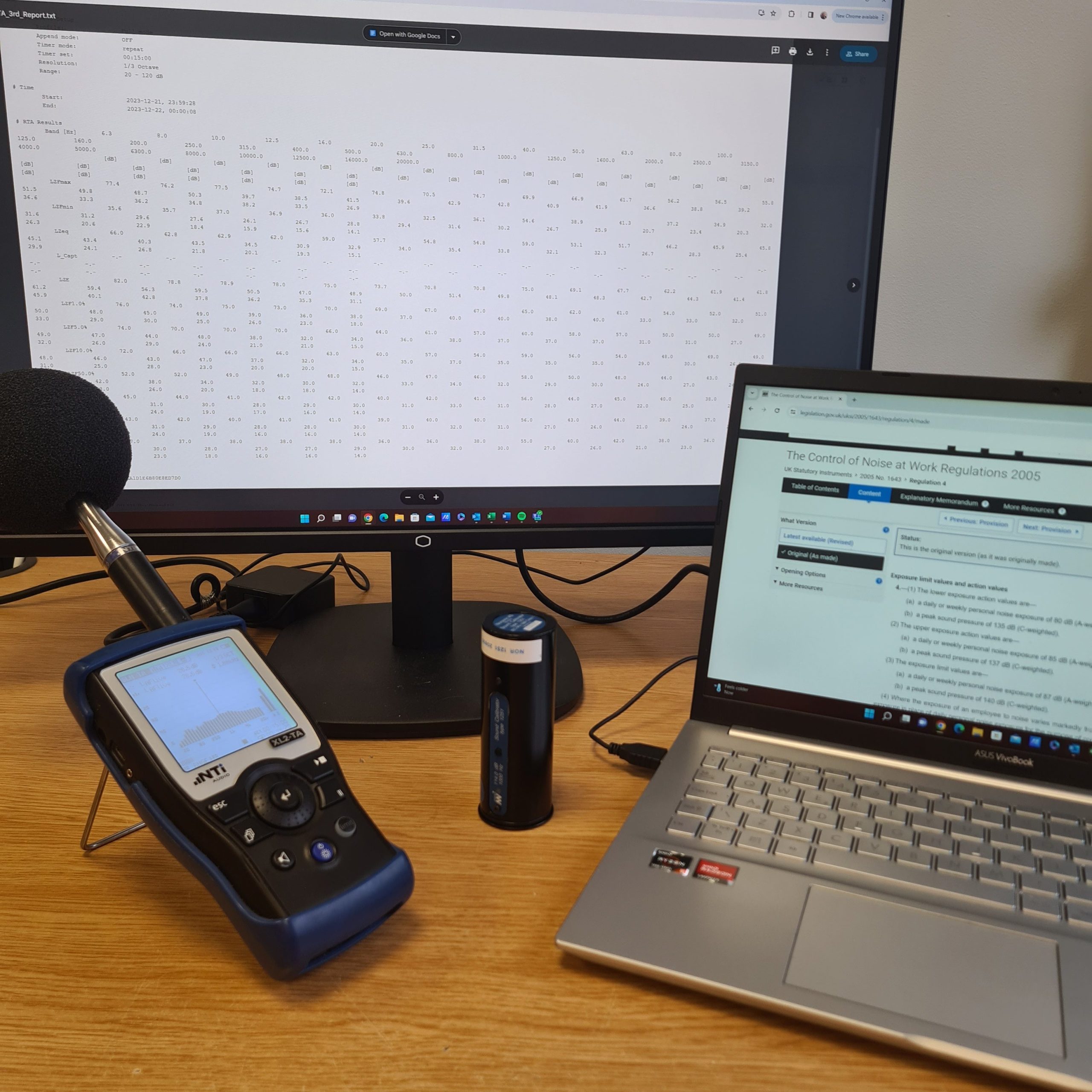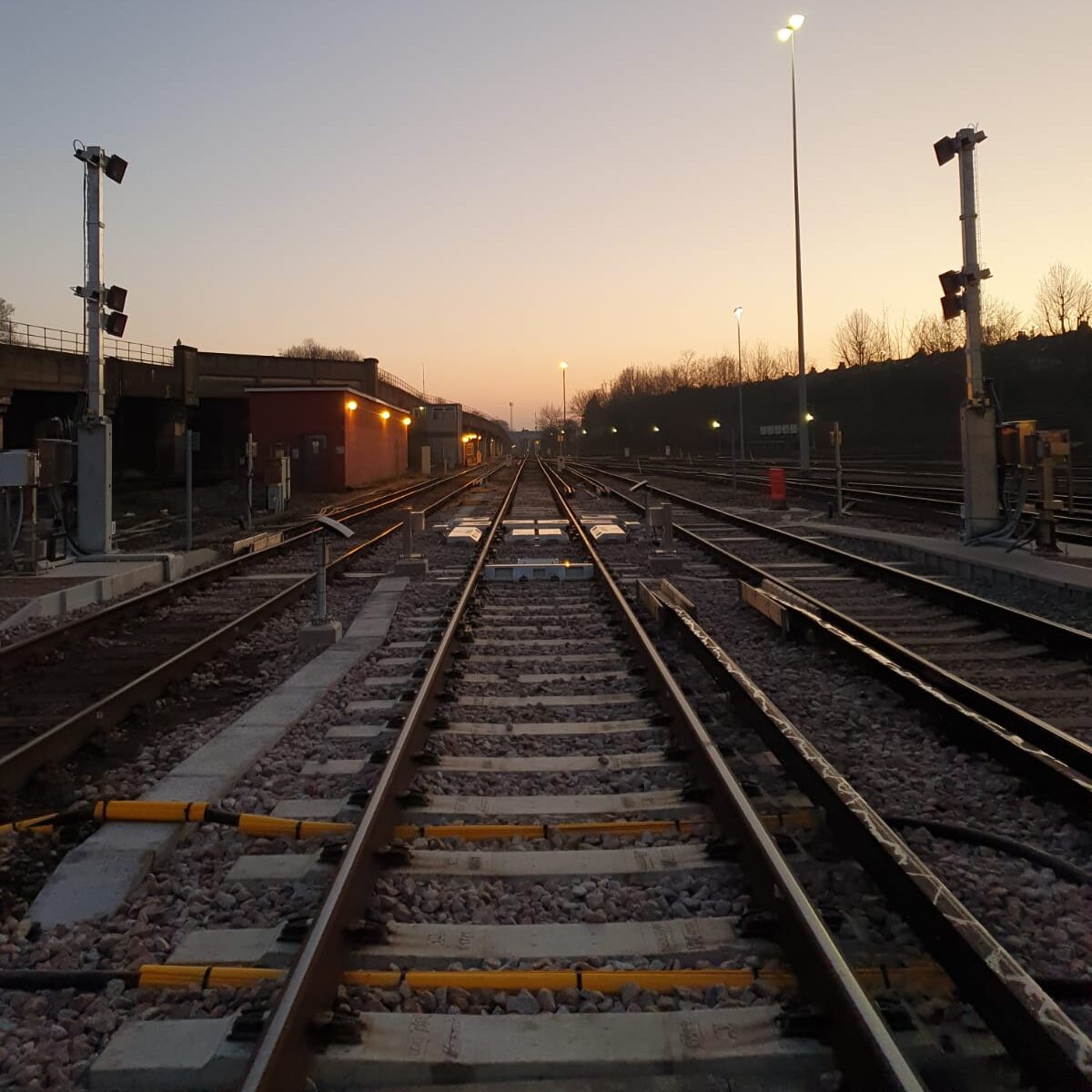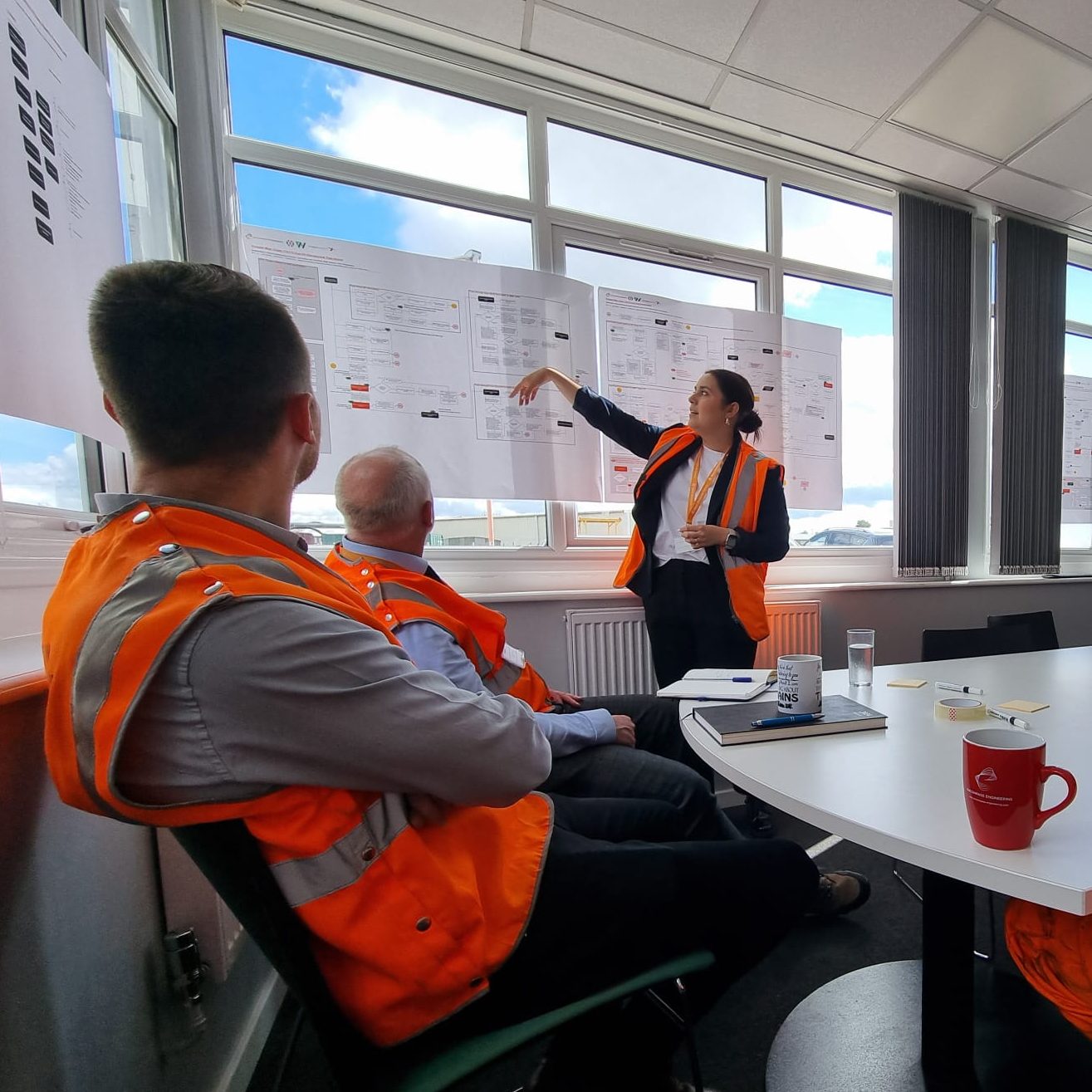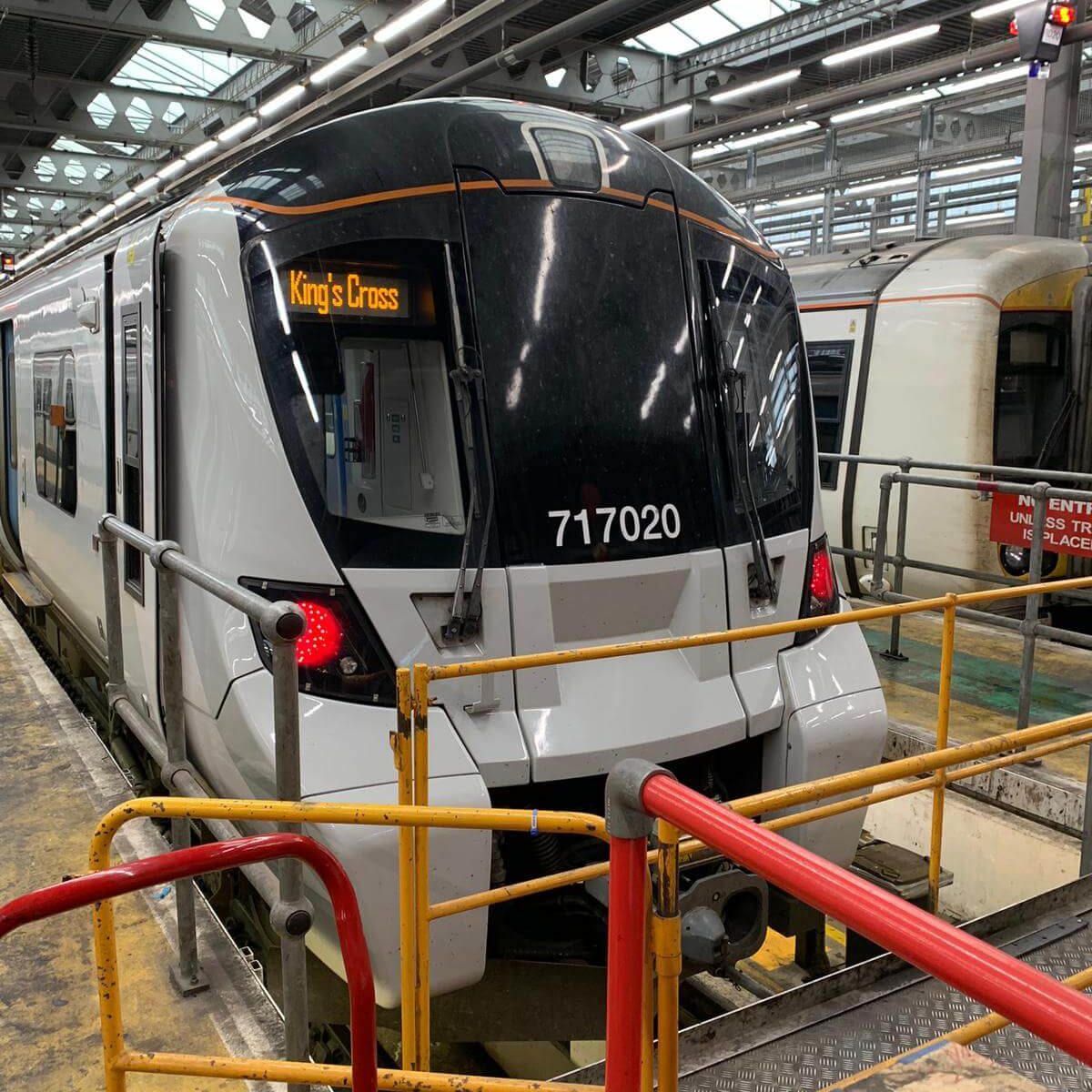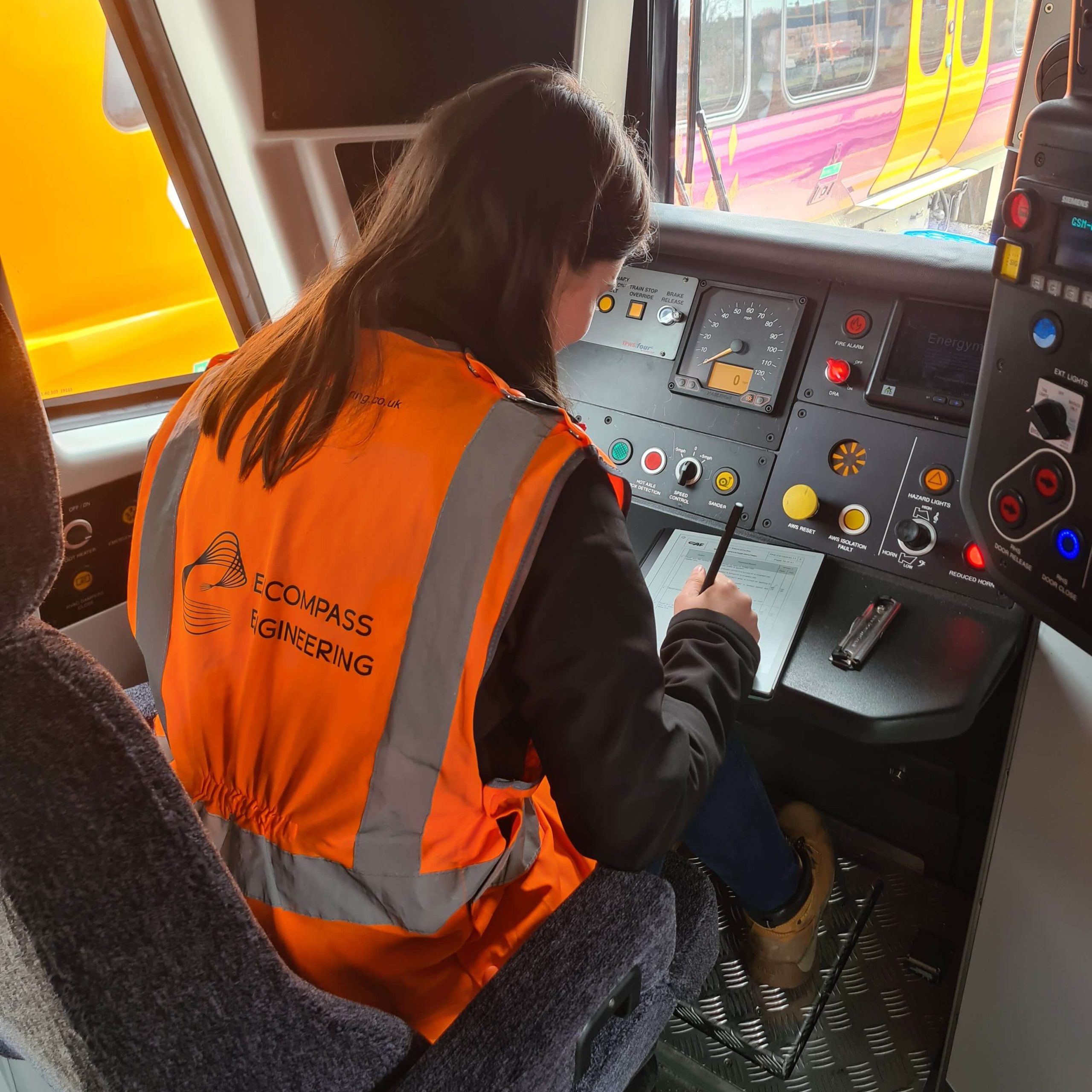The brief
Encompass was tasked with validating the MDJF by reviewing its content against the VMS and VMI’s. The goal was to ensure that the maintenance tasks and periodicity (how often they needed to be performed) matched across all three documents. Any differences needed to be flagged and explained by the OEM, so that West Midlands Railway could make informed decisions about their maintenance schedules. Given the size of the task, the review was split into three categories – low, medium, and high priority – based on the complexity and impact of the tasks.
Our goal was to complete the maintenance documentation review and provide West Midlands Railway with a comprehensive validation of their documentation, which would then allow them to move forward with confidence in their maintenance processes.

